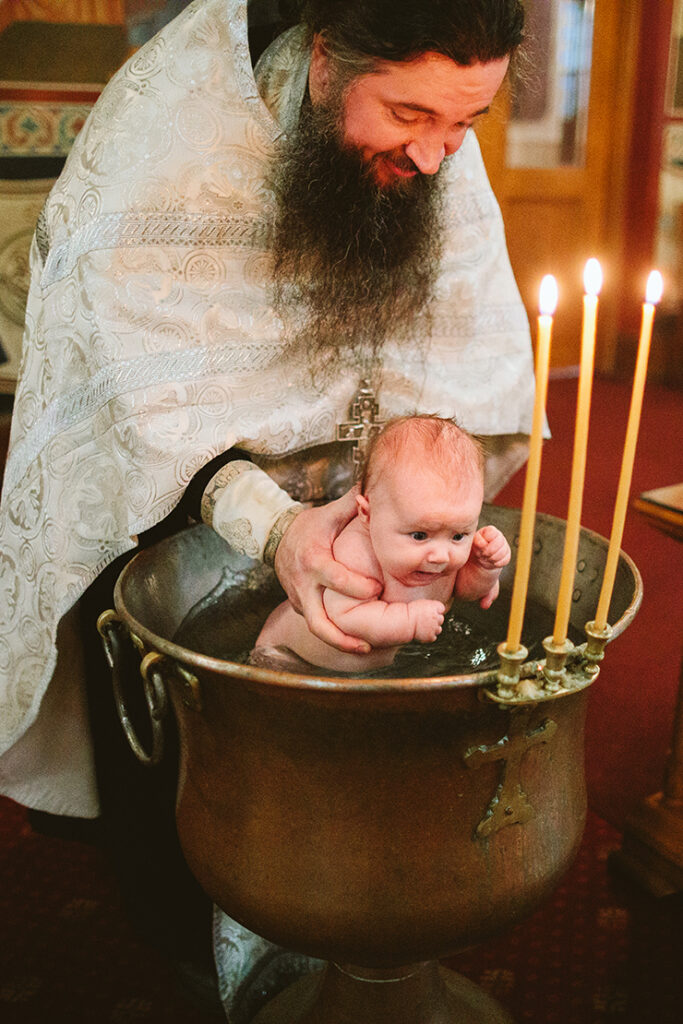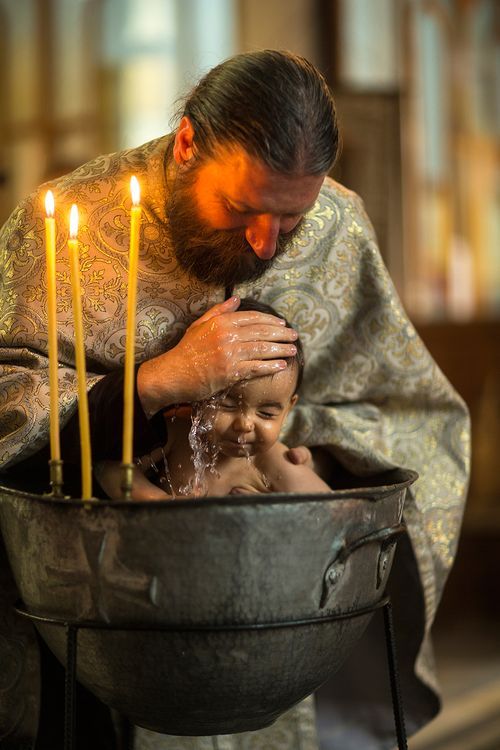You have been washed, you have been made holy, you have been justified in the name of the Lord Jesus Christ and in the Spirit of our God. (1 Cor. 6:11)
St. Paul is urging the Christians of Corinth to refrain from suing each other in civil courts. He says that they could find trustworthy members of the parish to settle an argument rather than “washing the dirty laundry” of the parish in public court in front of pagan judges. He points out that the Church–the Body of Christ–will judge even the angels on Judgement Day and that as the Body of Christ it would be better for them to settle disputes without involving the sinful world which they will be called to judge at the End of Time. He reminds them that they were once immoral and notorious sinners themselves but now they have been washed [i.e. baptized] and sanctified.
The baptized Corinthians are washed-sanctified-justified. These are taken to be three aspects of one reality: they are in a new, right relationship with God. They are justified. (In Greek, the same word means “justified” and “made righteous.” It can also mean “vindicated.”) It is therefore now appropriate that they be the judges rather than the judged.
However, the reception of the gift of salvation is not a one-time event but a life-time process. St. Paul employs the verb “to save” (sozesthai) in the past tense (“we have been saved,” Rom 8:24; Eph 2:5); in the present tense (“we are being saved,” 1 Cor 1:18; 15:2), and in the future tense (“we will be saved,” Rom 5:10). He can think even of justification as a future event and part of the final judgment (Rom 2:13, 16).
These words of St. Paul, reminding the Corinthians of their new status in the Kingdom of God, are used to wash the chrism from the newly baptized in the Orthodox Church. The candidate for baptism is always anointed with chrism after their immersion into the baptismal waters, no matter how young they are. Later, as the priest dips a small sponge into the font and then uses it to wipe the chrism from the person’s head-hands-feet, he says, “You are baptized. You are illuminated. You are sanctified. You are justified. You are washed: in the Name of our Lord Jesus Christ and by the Spirit of our God.” He keeps repeating these phrases until all the chrism is wiped off. Baptized into Christ’s death and resurrection and anointed with the Holy Spirit, the person is a new creation.
Immersed in the waters of baptism and sanctified by the holy chrism –whether in 1st century Corinth or 21st century New York–the newly justified child of God faces the challenge to live up to the righteousness given at baptism and to integrate it into their life thereafter.
The idea that Christians should not take their problems to civil courts eventually led to a separate church court system to resolve issues among church members. Such church courts still exist but deal primarily with issues among clergy or about church membership.



